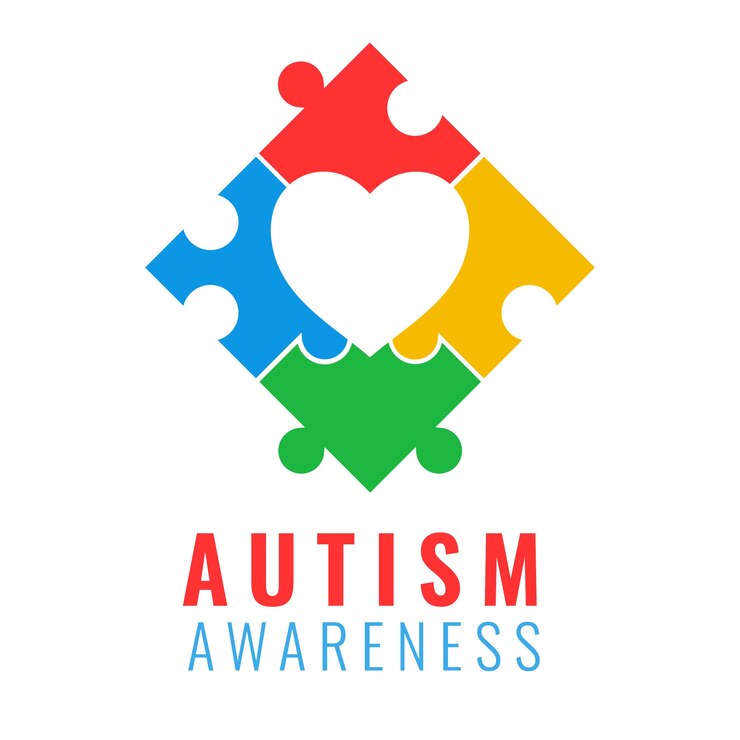There are some well-known facts about autism spectrum disorder (ASD). For instance, it’s no secret that boys are four times more likely to suffer from this condition than girls.
Similarly, it’s widely-known that autism affects individuals from different races, ethnicities and socioeconomic classes. And according to the latest analysis by the Centers for Disease Control and Prevention, ASD is fairly common- affecting 1 in 36 children in the United States.
But there’s one misconception about ASD that a lot of people assume to be true. This is the presumption that autism is a mental disorder. This post unravels the truth about autism and mental health.
Is Autism a Psychological Disorder?
Believe it or not, ASD is not a mental illness. That said, it’s easy to see why a lot of people classify autism as a psychological disorder.
For one, autistic people face a higher risk of developing mental health issues like anxiety and depression. Secondly, a few of the symptoms associated with autism are also linked to mental illnesses.
Now, I’m not disputing the fact that autistic patients can get diagnosed with a co-occurring psychological disorder. However, mental illnesses and developmental disabilities are two health issues that are completely different. They’re described, treated and managed differently.
Key Differences between Developmental Disabilities and Mental Illnesses
I’ll start off with the basics: a developmental disability is a condition that results from an impairment in the individual’s physical, language, behavioral or learning ability.
As the name implies, this disability occurs during the developmental phase. It affects the victim’s day-to-day functioning and typically lasts throughout their life. Examples of other developmental disabilities include:
- Cerebral palsy
- Hearing loss
- Down syndrome
- Attention-deficit hyperactivity disorder
In contrast, a psychological disorder is any condition that affects an individual’s mental, emotional or behavioral aspect of their lives. The intensity of mental illnesses usually varies from mild to moderate and severe. Other illnesses that fall under this category are:
- Depression
- Schizophrenia
- Bipolar disorder
- Obsessive-compulsive disorder (OCD)
- Borderline personality disorder
Here’s a more detailed breakdown of the two:
| Developmental Disability | Mental Illness |
| Starts from birth or by the age of 18 | It can arise at any point of the individual’s life |
| Symptoms remain constant and occur on a daily basis | Symptoms are only temporary or seasonal |
| Poses challenges for the individual’s cognitive, physical and behavioral functioning | Alters the individual’s thinking and perception and it can even lead to hallucinations and delusions |
| Lasts throughout the person’s life; cannot be cured or managed with medication | Treatable and manageable through medication, therapy and other approaches |
Helping Your Child Cope With Autism
The fact that you’re learning to differentiate autism from mental illnesses is already a step in the right direction. However, there are a few other things you can do to help your loved one cope. This includes:

- Figuring out your child’s triggers – one coping tip that really helps is becoming an expert on your toddler. Learn what triggers them, what makes them get anxious, scared or angry. This way, you can look for ways to control their environment; hence, avoid triggering these emotions.
- Embracing your child as they are – offer them unconditional love and support despite their quirks and flaws. Be patient with them and celebrate the small milestones that he or she makes.
- Do not despair – when your child is first diagnosed with autism, don’t be quick to judge or make assumptions of what their lives will be. Take it one day at a time and hold onto hope. “For I know the plans I have for you, declares the Lord, plans to prosper you and not to harm you, plans to give you hope and a future.” (Jeremiah 29:11)








Thanks for sharing. I read many of your blog posts, cool, your blog is very good.
Your point of view caught my eye and was very interesting. Thanks. I have a question for you.